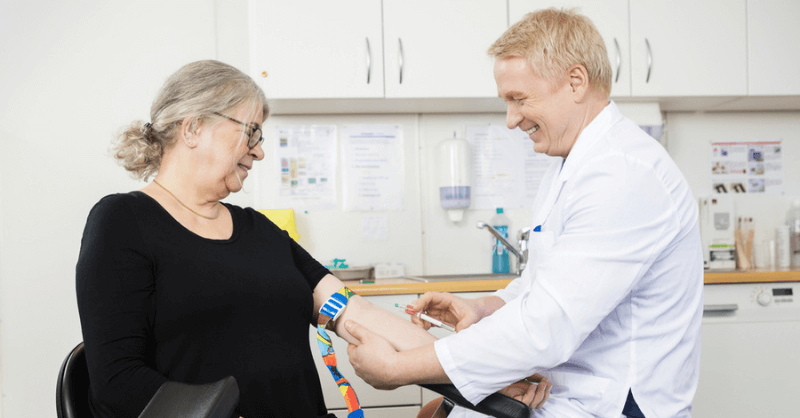1. What qualifications do phlebotomists need?
Phlebotomists typically need a high school diploma or equivalent. Completing a phlebotomy training program and obtaining certification can enhance job prospects.
2. What education do you need for phlebotomist?
Education requirements for becoming a phlebotomist typically include a high school diploma or GED, followed by completion of a phlebotomy training program, which can range from a few weeks to a year.
3. How to become a phlebotomist uk?
Becoming a phlebotomist in the UK involves completing a training course accredited by relevant bodies such as the National Health Service (NHS) or National Association of Phlebotomists (NAP). These courses cover topics like anatomy, physiology, and practical phlebotomy skills. After training, individuals can seek certification and gain hands-on experience through internships or entry-level positions.
4. How to train to be a phlebotomist?
Learn the skills needed to become a phlebotomist through a training program that covers anatomy, medical terminology, and practical techniques for drawing blood safely and accurately. Gain hands-on experience through internships or clinical rotations to refine your skills and prepare for certification exams.
5. What personality traits do phlebotomists have?
Phlebotomists typically possess excellent communication skills, attention to detail, empathy, and patience to ensure a positive patient experience during blood collection procedures.
6. How much does a phlebotomist make uk?
Phlebotomists in the UK typically earn around £18,000 to £25,000 per year, depending on factors such as experience, location, and employer.
7. How many years to become a phlebotomist?
It typically takes about 4 to 8 months to become a certified phlebotomist through a training program.
8. How to become a licensed phlebotomist?
Becoming a licensed phlebotomist involves completing a phlebotomy training program, gaining hands-on experience through internships or externships, and passing a certification exam administered by organizations like the National Healthcareer Association or the American Society for Clinical Pathology.


![]() 14 minutes
14 minutes